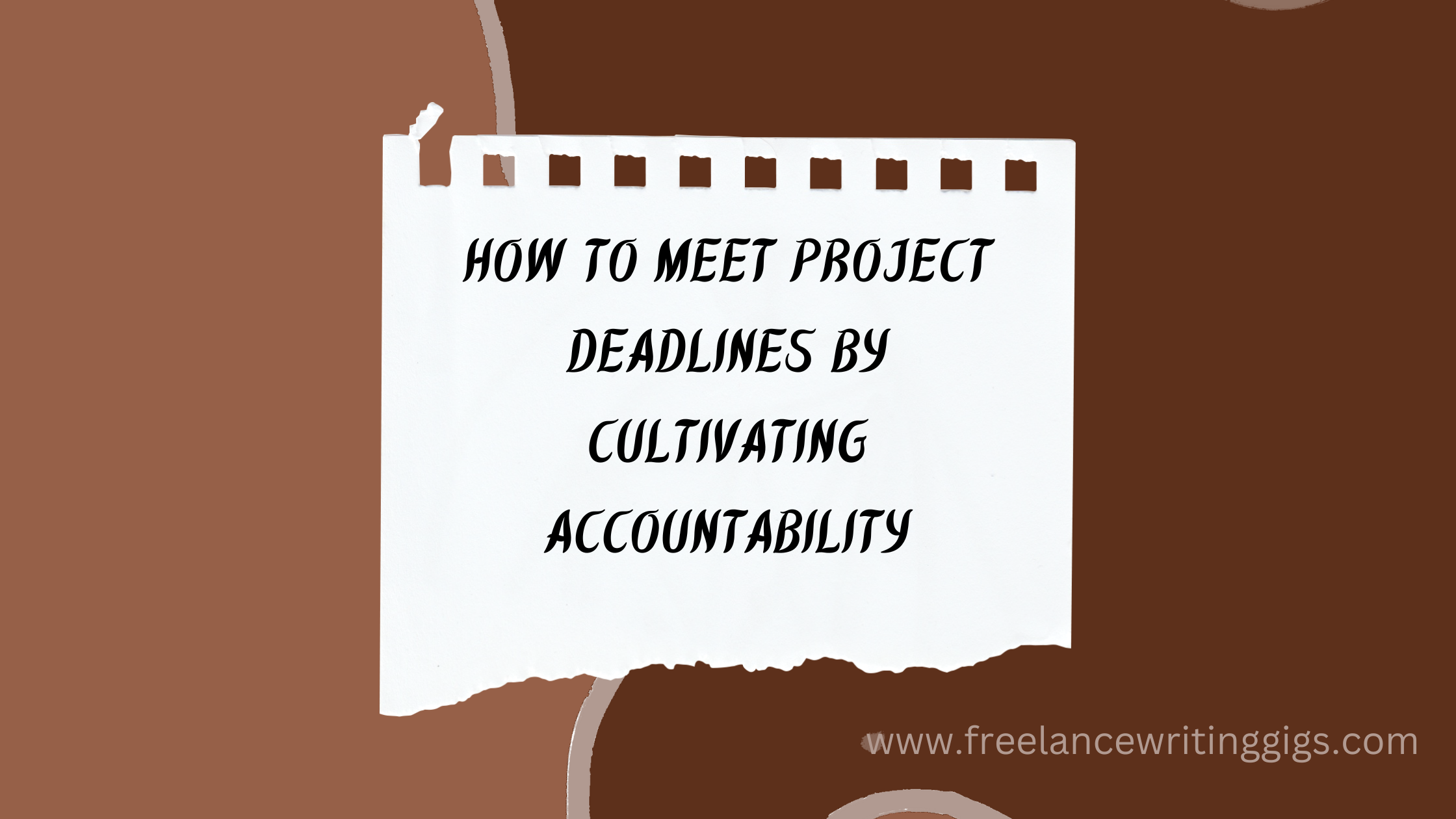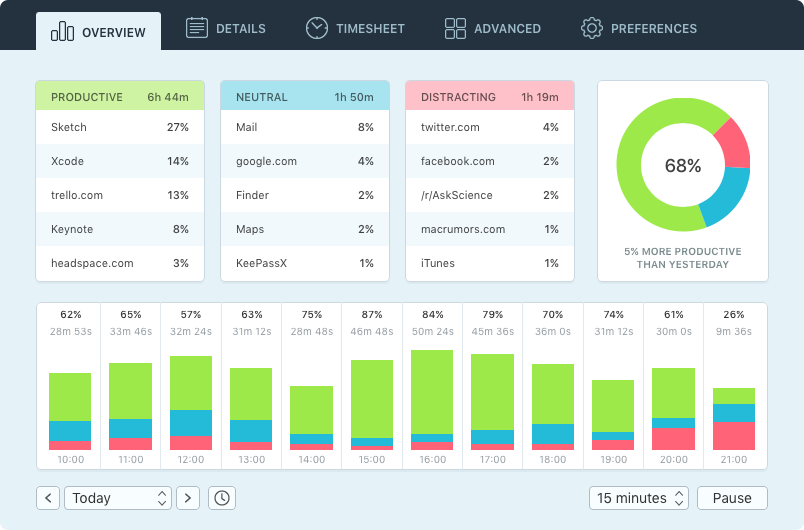productivity
-
Writing Efficiency: How Freelance Writers Can Produce More Content with AI Assistance
As the freelance writing sector continues to grow, there is a greater…
-
How To Meet Project Deadlines by Cultivating Accountability
Some of the most sought-after advice by freelancers is how to meet…
-
Fake Commute and Others Keys to a Successful Remote Work
With so many distractions coming your way, it can be hard to…
-
How Do You Keep Writing During Tough Times?
They say writing is therapeutic, but those of us who write for…
-
12 Productivity Tips For Small Business Owners
There’s a lot to juggle as a small business owner and you…
-
Try These Hacks to Get the Most Out of Your Gmail Experience
Email is a fact of life; there’s no escaping it. And many…
-
Useful Keyboard Shortcuts for a More Efficient Working Day
If you find that mundane day-to-day tasks steal away a lot of…
-
Being Happy at Work – Freelance Edition
Freelancing is a siren song to many office workers. It symbolizes freedom…
-
Win Copies of Qbserve, an Automatic Time Tracker for Mac
Time tracking is crucial in ensuring productivity levels are high –…
-
How to Make Your Freelance Life Easier
Freelance and contract work has proven to be a viable job alternative…









